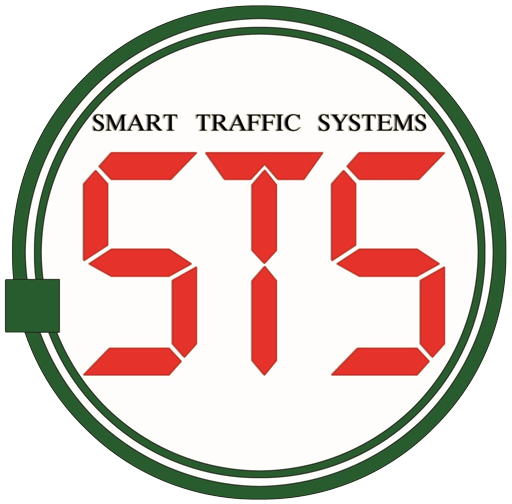Parking guidance systems can provide numerous benefits to councils (local governments) responsible for managing public parking infrastructure. Here are several ways in which these systems can help councils:
- Reduced Traffic Congestion: By helping drivers locate available parking spaces more efficiently, parking guidance systems can reduce the amount of time spent circling around in search of parking. This, in turn, can alleviate traffic congestion in busy urban areas, leading to smoother traffic flow and reduced emissions.
- Optimized Space Utilization: Parking guidance systems provide valuable data on parking space occupancy and utilization patterns. Councils can use this data to identify underutilized areas or times of high demand and adjust parking policies accordingly. For example, they may implement dynamic pricing strategies to encourage parking in less congested areas or during off-peak hours.
- Enhanced Revenue Generation: By optimizing space utilization and potentially implementing dynamic pricing strategies, councils can increase revenue from parking fees and fines. Additionally, parking guidance systems can help identify and mitigate revenue leakage due to unauthorized parking or non-payment.
- Improved Customer Experience: Providing drivers with real-time information about available parking spaces enhances the overall parking experience. This can lead to greater satisfaction among residents, visitors, and businesses, fostering a positive relationship between the council and the community.
- Data-Driven Decision Making: Parking guidance systems generate valuable data on parking usage, including occupancy rates, turnover rates, and peak demand periods. Councils can use this data to make informed decisions about infrastructure investments, policy changes, and urban planning initiatives related to parking management. For example, they can use the data to identify areas in need of additional parking capacity, prioritize infrastructure upgrades or expansions, or implement alternative transportation options to reduce reliance on private vehicles.
- Enforcement Efficiency: Parking guidance systems can aid enforcement efforts by providing real-time information on parking violations and occupancy status. This can help enforcement officers prioritize their patrols, respond more quickly to violations, and improve overall compliance with parking regulations.
- Sustainability Initiatives: By reducing the time spent searching for parking and minimizing traffic congestion, parking guidance systems contribute to environmental sustainability goals. Councils can promote these systems as part of broader efforts to encourage sustainable transportation options and reduce the carbon footprint of urban mobility.
- Public Perception and Reputation: Implementing modern parking guidance systems demonstrates a commitment to innovation, efficiency, and customer service. This can enhance the council’s reputation as a forward-thinking and responsive government entity, improving public perception and trust.
Overall, parking guidance systems offer councils a powerful tool for managing public parking infrastructure more effectively, optimizing space utilization, improving traffic flow, and enhancing the overall urban mobility experience for residents and visitors.

Leave A Comment